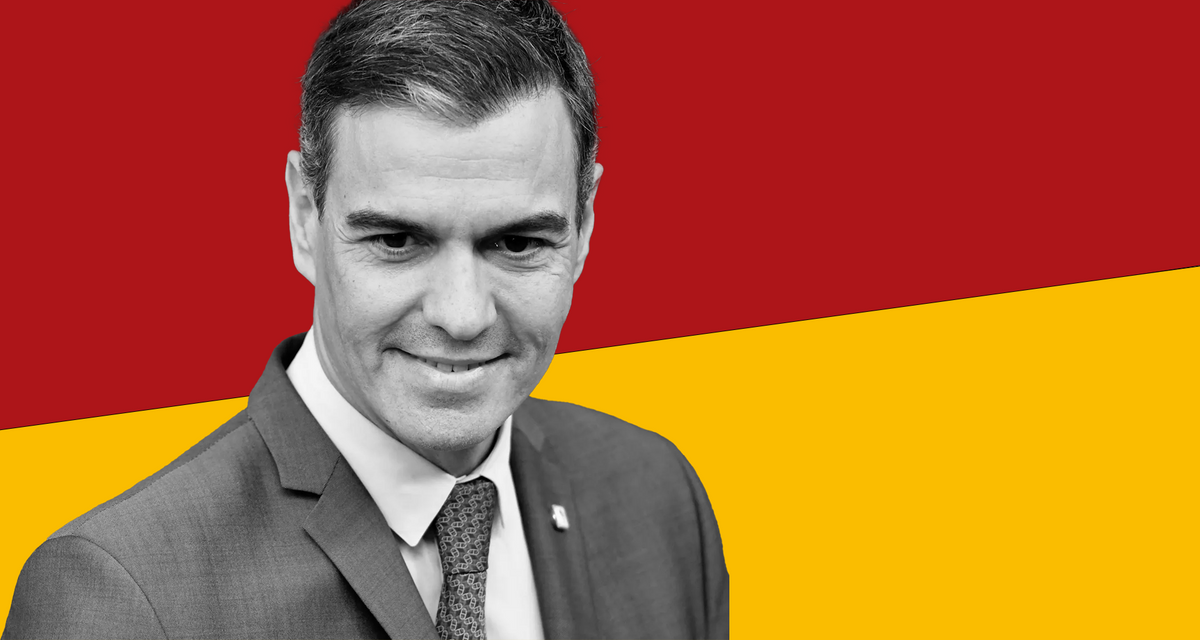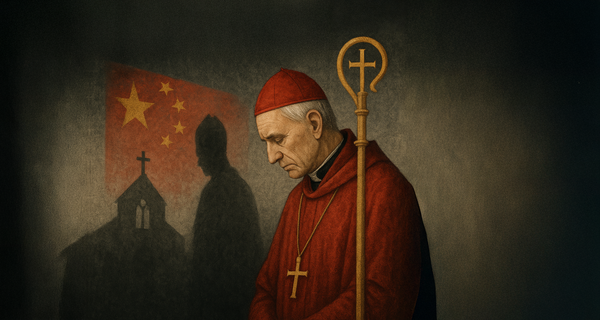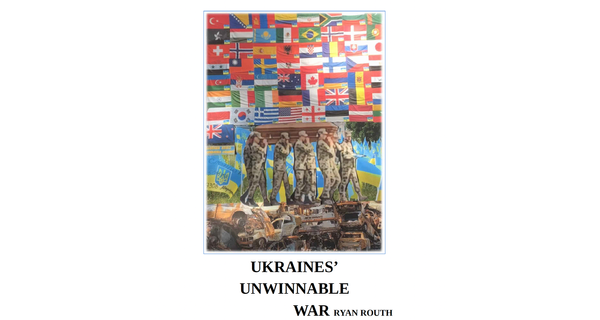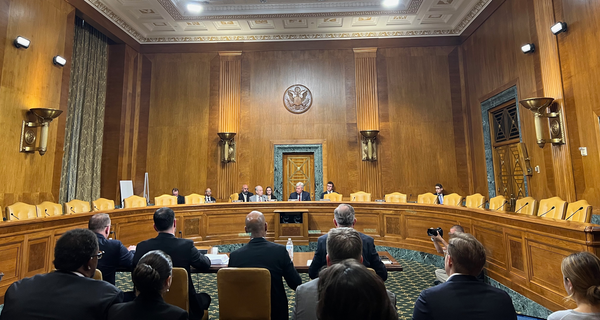Pedro Sánchez's Coup Against Spain

A wave of mobilization is surging through Spain, demonstrations orchestrated by the People’s Party (PP), VOX, and allied coalitions have been gathering in the bustling heart of Madrid, drawing close to two million Spaniards, one of the largest demonstrations in the history of Spain. The catalyst for their fervent calls lies in the resignation of Prime Minister Pedro Sánchez over a proposed amnesty deal with separatists, sparking a grassroots movement demanding political accountability. A survey reported by Noticias showed 70 percent of Spaniards are against an amnesty law, and protests are expected to continue until a new election is called.
On July 23, The People's Party (PP), led by Alberto Núñez Feijóo, obtained 136 seats in Spain's parliamentary election, surpassing the ruling Socialists (PSOE) led by Pedro Sánchez, who secured 122 seats. Prior to the general election, the PSOE faced substantial setbacks in regional and local elections, ceding control in crucial regions while Feijóo's PP captured support from most of the nation's largest cities, including the traditionally socialist stronghold of Seville.
To govern with full powers and an absolute majority, Feijóo needed to obtain at least 176 seats, or secure a pact with an allied party until the PP reach a majority. While obtaining support from Santiago Abascal’s VOX Party, Feijóo did not meet the required seats for investiture.
Sánchez's investiture hinged on forming alliances with Communists, Basque and Galician independents, and the individuals convicted in relation to the Catalonia secessionist coup in 2017. This political move seeks amnesty as a tactical strategy to outmaneuver the PP, and it worked, but Spain has fallen before.
Sánchez successfully obtained his investiture by brokering a deal of amnesty with the fugitive former President Carles Puigdemont, who faced charges related to the Catalonia coup and subsequently sought refuge in Brussels. Puigdemont, who is also the leader of the Junts party, assumes an unlikely role as a powerbroker in exile for Spain's socialists.
In return, separatists threw their support behind Sánchez's socialist party, facilitating his re-election to a third term. This solidifies another four years of authority, positioning Sánchez as one of the longest-serving prime ministers in the country at the helm of the European Union's fourth-largest economy.
Support from Spain’s separatist factions comes with its own set of concessions, with each group vying for power, their demands encompass Puigdemont’s return from exile. Spain faces the delicate task of preserving territorial unity in the midst of a complex array of conflicting regional identities, with Basque Country in the north and Catalonia in the east standing out as focal points of separatist fervor.
In the aftermath of the Republican defeat during General Francisco Franco's rule in 1959, the Basque separatist movement emerged. Led by the militant group Euskadi Ta Askatasuna (ETA), the organization initially championed a Marxist–Leninist vision of independence and later shifted towards revolutionary socialism. The ETA shifted from advocacy to violence with activities marked by bombings, assassinations, and kidnappings. A decline in support and the arrest of its leaders, ultimately led to the ETAs formal disbandment in 2018, bringing an end to decades of bloodshed.
In the period preceding the dismantling of Basque Country's more militant faction, the spirit of solidarity in the secessionist conflict extended to Catalonia. The year 2017 witnessed escalating tensions culminating in a controversial independence referendum orchestrated by separatist leaders, including Catalonia's figurehead, Carles Puigdemont, who declared independence from Spain. The Spanish court deemed it a violation of the constitution, prompting the central government of Spain to assume administrative control of the region. After thwarting the unlawful referendum, the High Court of Justice of Catalonia issued orders to arrest of politicians responsible for its organization. 9 of the 12 accused faced prosecution on charges of sedition, rebellion, and the misuse of public funds related to the independence referendum, in 2021 Sánchez pardoned them, but a ban on holding public office was upheld by Spain’s supreme court.
The idea of secession lacks popularity among a significant majority of citizens, particularly Spanish nationalists. According to an opinion poll, almost 63 percent of Basques expressed disinterest in applying the Catalan model to achieve independence, with only 22 percent in favor.
Sánchez is on the brink of establishing a government in Spain alongside a coalition of Spain's adversaries, those who seek policy shifts that align with their respective agendas in the formation of far-left republics. The inclusion of those associated with the secessionist movement in Catalonia, as well as the successors of the disbanded ETA terrorist group, adds an element of controversy and unease to the political equation. The implications of such a coalition extend beyond the domestic sphere. Internationally, the alliances Sánchez is forging, especially with leaders from Latin American Bolivarian-style regimes, introduce a new dimension to Spain's foreign policy.
Before the elections Sánchez assured constituents he would not negotiate a self-determination referendum or amnesty with separatists. In November 2022 he said such a move was “something this government will not accept and, without a doubt, doesn’t fit within Spanish law or the Constitution” Sánchez continued, “the amnesty is illegal, it is unconstitutional, it has no place in our legal system”. Conservative opposition would agree, but they consider Sánchez the parliamentarian who said this at the time as the same Sánchez grabbing for power as Prime Minister, and in doing so destroys the authority delegated by the sovereign people, a man who leads a coup against his own words and the nation.
The granting of amnesty to Catalan separatists has ignited a wave of indignation among Spanish nationals, who are alarmed by what they perceive as their government's departure from the nation's values and well-being. Spain, which has enjoyed decades of relative prosperity and progress in fostering a sense of national reconciliation, now witnesses its new leader substituting the votes of a fugitive for those of the Spanish people.
For many observers, the prominence of Prime Minister Pedro Sánchez is eclipsed by the commanding figures of Carles Puigdemont from Junts, Oriol Junqueras from ERC, and Arnaldo Otegi from EH Bildu. These individuals are not merely political figures; they embody complex and charged histories, representatives of ETA's communists, independence fighters, and political heirs to what seems like a new revolution.
On November 9, the aftermath of the controversial amnesty agreements took a violent turn when Alejo Vidal-Quadras, the former Vice President of the European Parliament and co-founder of VOX, was shot in the face in central Madrid. On the day of the attack, Vidal-Quadra’s was speaking at a demonstration against the agreements. The assailant managed to escape on a motorcycle, leaving Quadras with a fractured jaw bone that required surgery. According to El País, Police arrested three people in connection with the assassination attempt, including a Spanish citizen who professes his loyalties to the Iranian Shiite branch of Islam.
In a full parliamentary reply to Sánchez's coup d'état, the President of VOX Santiago Abascal implicated Mr. Pedro Sánchez of committing one of the gravest political corruptions—aiding other politicians in evading justice in exchange for votes to retain power. Abascal vehemently argued against the amnesty law, stating it has no place in the legal system and that parliament cannot undermine the unity of the nation.
VOX has taken the matter to the Supreme Court, filing a bribery complaint against Mr. Sánchez, alleging that political favors were exchanged for power, resulting in the erosion of the rule of law and the subversion of the constitutional order in preparation for a coup with separatist minorities. Abascal urged parliament not to allow Sánchez to camouflage a coup under the guise of legality, drawing parallels with infamous figures like Hugo Chavez and Mauro, who ascended to power under the veneer of legality.
The socialist majority, by decree, expunged Abascal’s reply from the session log, erasing allegations against Sánchez from the pages of history—a stark reminder that history, as it stands, is written by the victors.
The potential consequences of an amnesty coalition is not limited to ideological clashes. The situation reveals that Sánchez, in his bid to secure support from Catalan separatists and Basque sympathizers, may have to resort to lawfare pacts that jeopardize judicial independence, and measures that violate the Spanish constitution. The prospect of granting amnesty to coup plotters, the corrupt, and those prosecuted for terrorism gives the perception of Sánchez as an unscrupulous leader willing to make deals with any group for political gain.
The choice between amnesty and constitutional integrity becomes a defining moment with far reaching implications that threaten to revive the secessionist movements and ideological divisions that ultimately seek to break up Spain.
The left has achieved significant success in cultural, educational, and media arenas, establishing a dominance that has effectively inoculated relativism and sectarianism. The promotion of progressive ideologies in the classroom, the reframing of historical narratives, and the use of media as a form of influence and soft power has advanced ideology so profoundly, that leaders can engage in egregious actions and still garner millions of votes. Global ideals like open borders are held above common sense national security policy, while citizens are declared enemies of their own country against those who seek to liquidate the rule of law and subvert the constitutional order.
In his final words formally addressing Parliament Abascal stipulated that Constitutional Spain must continue to resist. In channeling the late Spanish politician and philosopher Antonio Maura he said “In this democratic aberration, no great sword or charging on horseback was needed for Sánchez and his deputies to change the regime. To break apart Spain, you only need characters capable of anything, who will cling to armchairs of power that do not belong to them and to which they are unworthy.”




